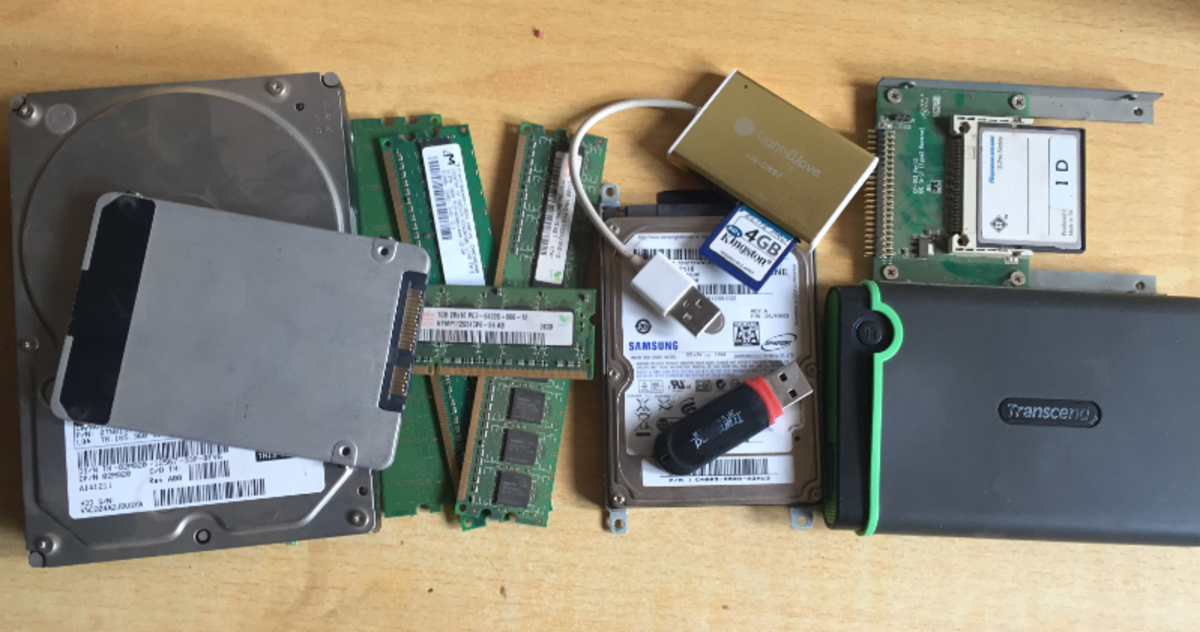Negative memory - how to erase negative memories
Negative memories
Negative memories are thought to have a stronger impact than positive memories. Though this fact is not adequately substantiated by studies, negative memories do hinder and reduce one’s enjoyment of life. This gives reason for people to want to erase their negative memories as quickly as possible. Not all negative memories are bad and need to be erased. Negative memories could serve as great lessons for life. A child knows that a fire burns, and the pain that follows the experience creates an impactful lesson that tells a child never to get too close to a fire. There are other negative memories that tend to lessen the quality of life. Paralysing fears from a negative memory could prevent you from doing those things that you may want to do. Negative memories tend to play back like a movie on peoples mind frequently, overwhelming them with emotions. They find it impossible to get over the feeling even if they think it irrational and unnecessary. Negative feelings like grief, shame, pain of rejection, fear, etc, arising out of a memory preventing you from moving ahead and enjoying life to the full, needs to be erased. You may ask, “How could I erase the negative memories or bad memories that limit me?”

Why negative memories become harder to erase?
Craig Stark, an assistant professor of psychology at Johns Hopkins University who studies memory says that the more we try to suppress negative memories the more we consolidate the memory by reinforcing it. Stark also says that deliberate memory suppression is hard work. This clearly explains why our efforts at trying to forget things do not work. Studies have revealed that memories with strong emotions attached to them are stored by the brain as important for future learning. The hippocampus, a region of the brain that is used for storing long term memory, stores those memories with strong emotional content. Emotionally charged memories are accessed more often and used in the process of human contemplation, problem solving etc. This is a possible explanation why these memories tend to be stronger and stick around longer.
How negative memories get stored and retrieved?
Not all emotionally charged memories are recalled accurately. These emotions tend to get more colored by the present mood and emotions and get stored back that way. We even bend or contort our memories to suit our moods or the person to whom we recount them. So your latest memory is how it was retrieved the last time and not how it happened during the actual event. Negative memories tend to get more negative with constant rumination and bitterness. This suggests that memories can be permanently changed or altered.
How can I erase negative or bad memories from my mind?
Well, if you can train your mind to remember good things, like math formulas, quotes and stuff from your subjects at school, you can do this too. The mind works the same way. It may take as much time and effort on your part to deprogram your mind as it takes to program your mind. Studies have shown that positive and negative memories take just about the same time to be erased or fade. What we need to understand is that the mind is skewed towards the positive and tends to remember the positive memories more than the negative. Although this may not be true for those who have a history of depression. Negative thinking and depression tend to go together.
Techniques for erasing negative memories
One excellent way to erase or modify bad/negative memory is to use the technique of minimization and amplification. All of our memories have good and bad components to them. For example even in our grief we have good memories of people who stood by us, who helped us heal or were with us in our time of crisis. You could minimise the negative aspects of the moment of grief by focusing on the positive ones associated with them. In addition you could focus on the good memories you had with the person, re-living them until the negative is washed out and faded. Make the positive memories bigger and better and lessen or negate the impact of the negative memories.
Distancing - This is another easy method that involves the power of your mind. Here you think of yourself as a third person, watching the event from a distance as if it is happening to someone else. This principle works on active suggestions to the mind. You constantly tell your mind that this is happening to someone different. You start seeing things differently and the emotional content of the memory is reduced to a considerable extent.
Another effective method is to use the power of visualization. Visualization is an effective technique, easy to use and easy to follow through with.
In this technique we change various aspects of our memory with active visuals. We change the color scheme of the scene to black and white and let it fade into sepia giving it an older and aged look.
We also need to replace certain aspects of the picture. You could replace the sadness and pain on people’s faces with smiles or better times. You could fill it with hope and positive anticipation. In other words slightly alter the content and affect (emotions) in the picture and always retrieve this memory when you think of the event.
We also use the other two techniques mentioned above i.e. distancing and minimisation and amplification to reduce emotional connect of the memory, so as to enable it to be erased more quickly. This technique would be more effective than the other because it combines all aspects of the mental process to help erase the negative memory.
Various pills have been suggested to erase negative memory. My argument against this is twofold. One, if memory retention and fading is a natural process why should mind altering pills be used? Why use a pharmaceutical product, which may have harmful side-effects? ?
Cultivate the habit of positive thinking. With positive thinking you are more resilient and better prepared for life's eventualities.
The techniques mentioned here at least do not harm you in any way. . You could easily use them to fight your inner demons and erase the negative memories to live a full and rich life.







